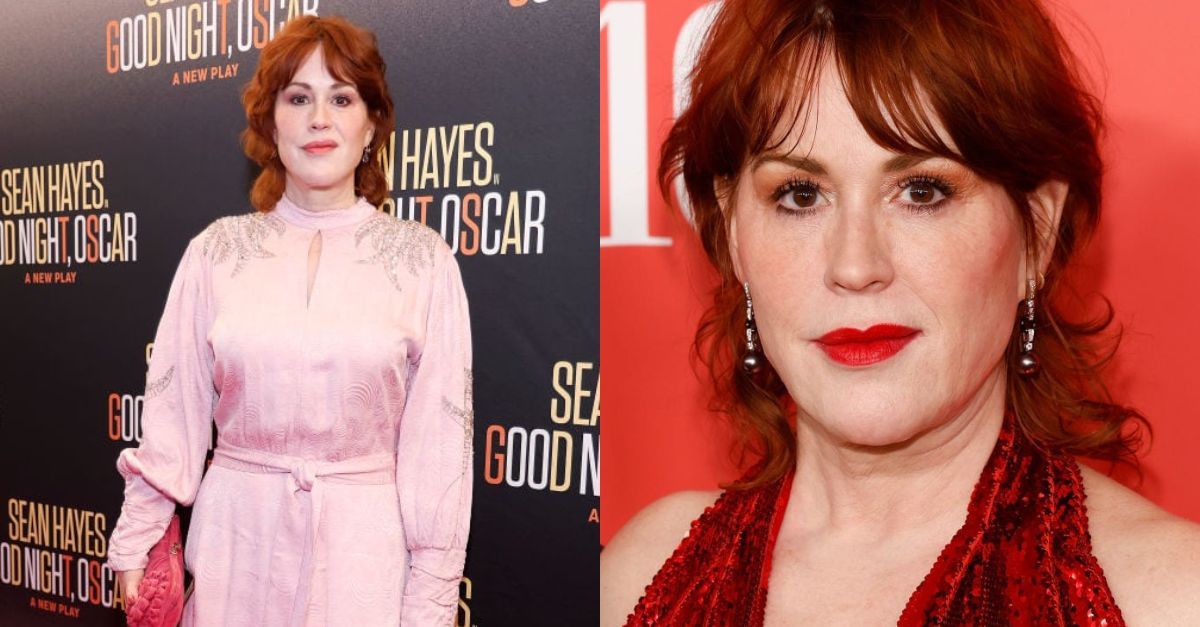The iconic movie The Breakfast Club has not aged well — and now, Molly Ringwald has spoken out about the controversy …
She says a whole generation now finds the movie offensive.
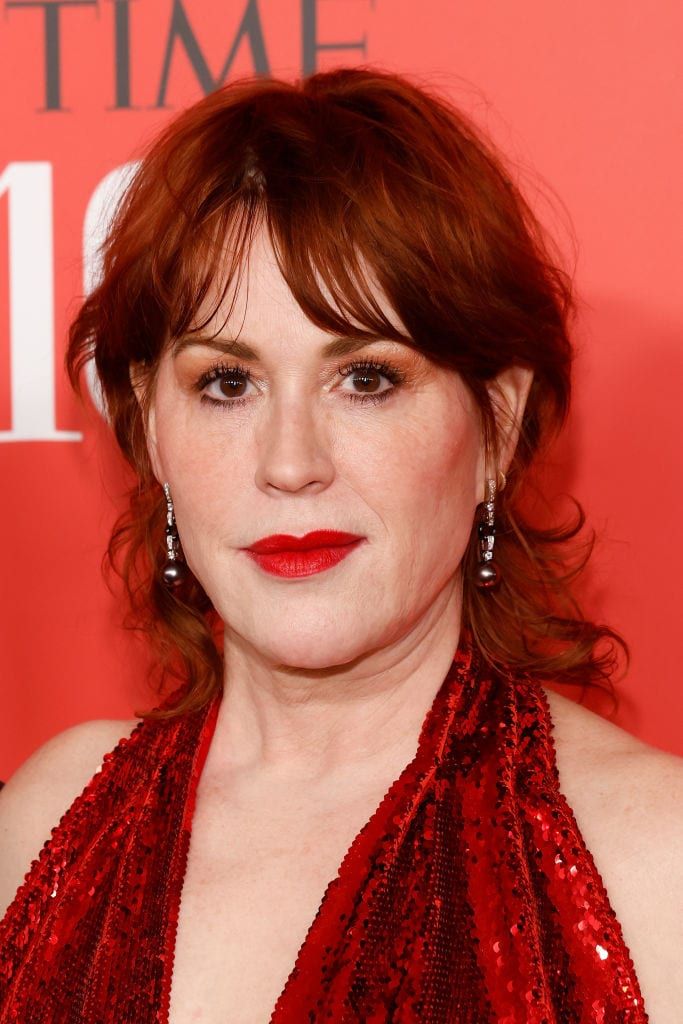
Including her own daughter!
“Nothing offensive at all but what is TRULY offensive is this generation of crybabies who honestly believe the world should stop if they get offended or have hurt feelings by something,” wrote one irate fan.

Read on for the full story …
We’ve all heard of cancel culture.
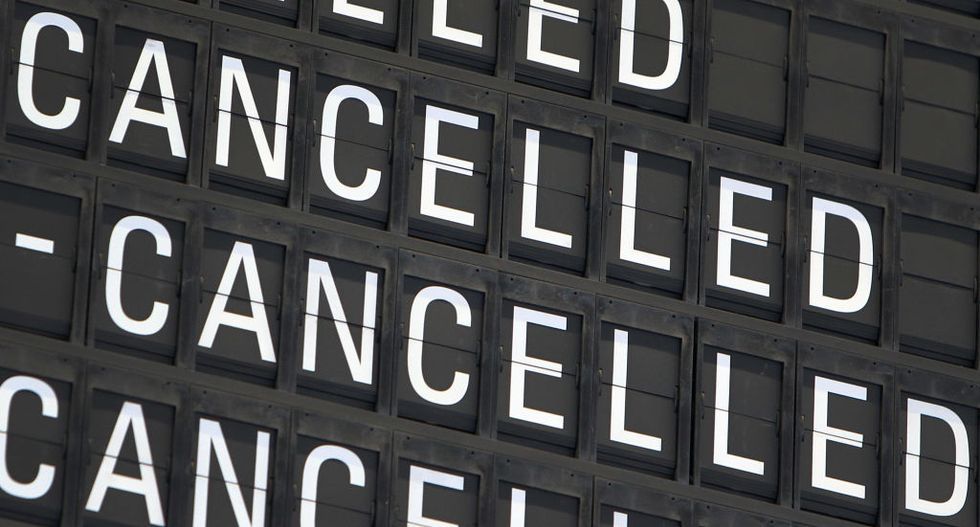
Traditionally, the term “canceled” means to “dismiss something”, or to “reject an individual or an idea”, as per Dictionary.
But it’s a controversial topic.
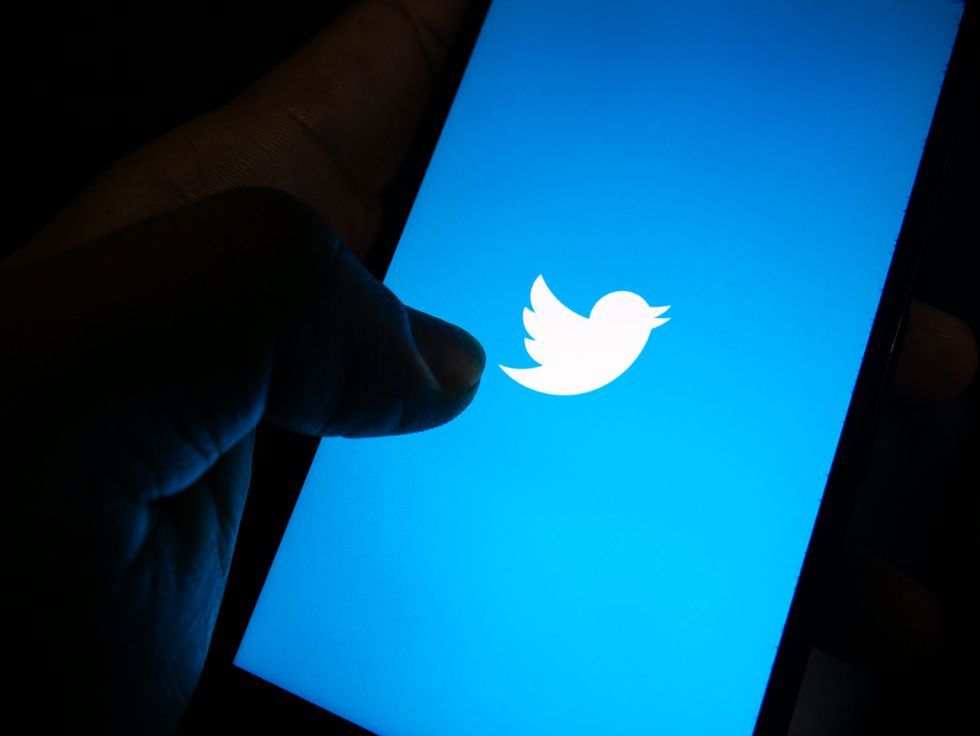
Canceling someone has become the go-to tactic for disgruntled and offended internet-goers.
Whether it be rejecting them, ignoring them, publicly opposing their views or actions, or depriving them of time and attention.
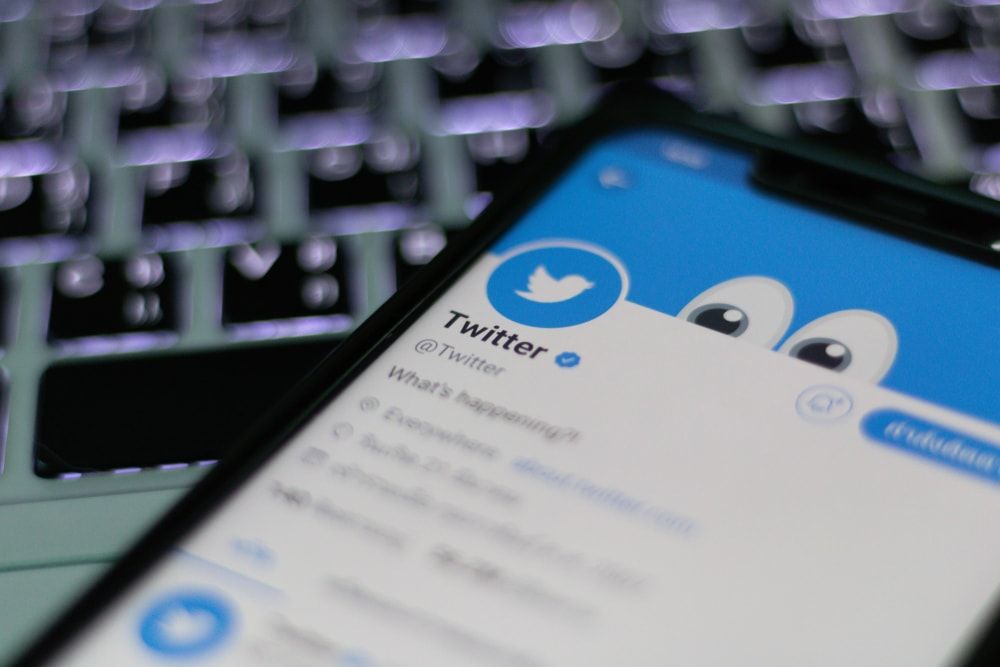
Some people think it’s an inappropriate response to being offended.
We’ve all heard of this controversy…
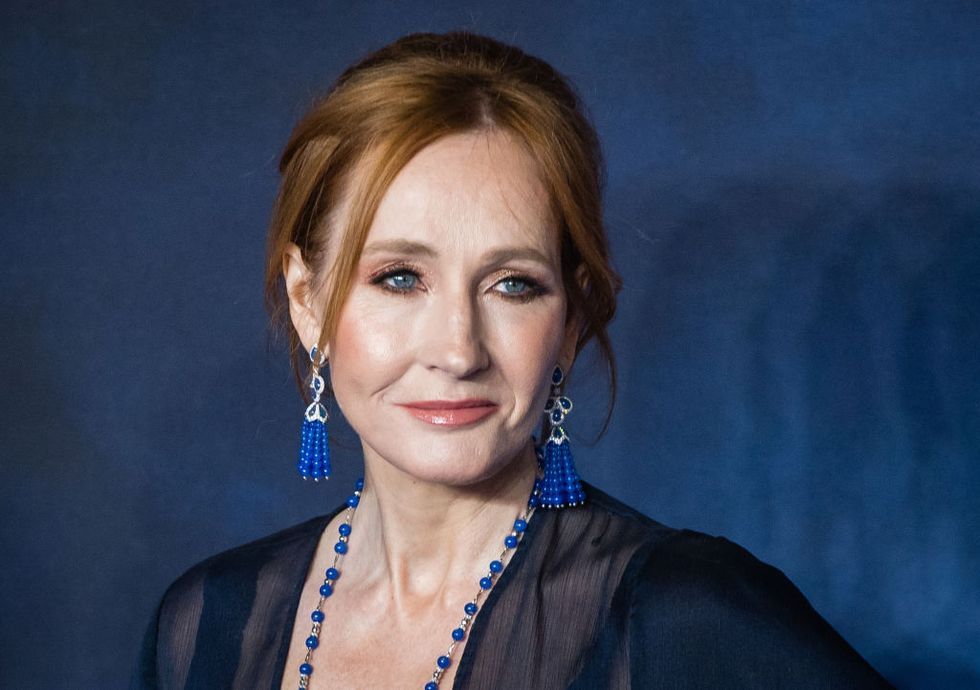
Perhaps the most memorable example is the previously-beloved mastermind behind the Harry Potter franchise, J.K Rowling.
Who was savagely “canceled” after expressing her views on women and gender.
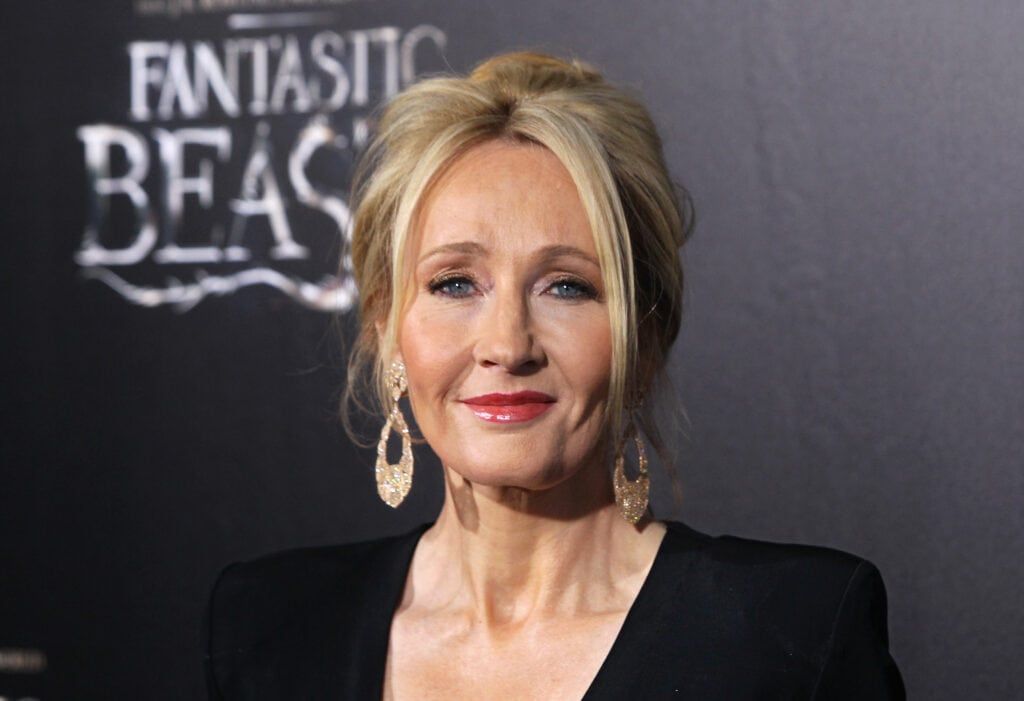
Many found them to be transphobic views.
She commented: “‘People who menstruate’. I’m sure there used to be a word for those people. Someone help me out. Wumben? Wimpund? Woomud?”
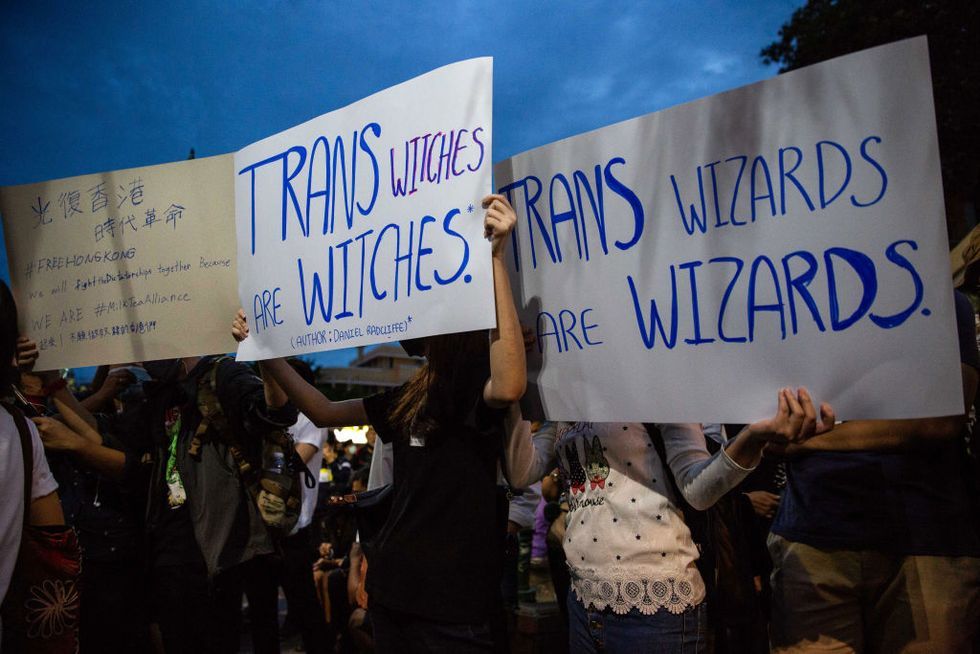
And, almost instantly, the internet was alight with allegations of transphobia.
And even some calls for Rowling and the Harry Potter franchise to be canceled and boycotted entirely.
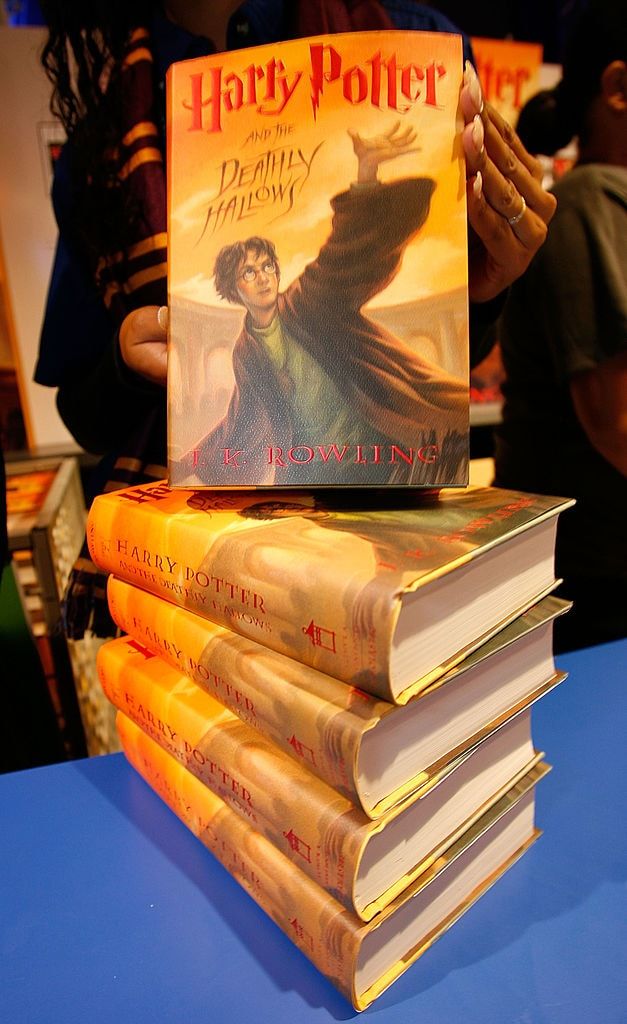
Which some viewed as taking things too far.
And she’s not the only person to have been canceled online.
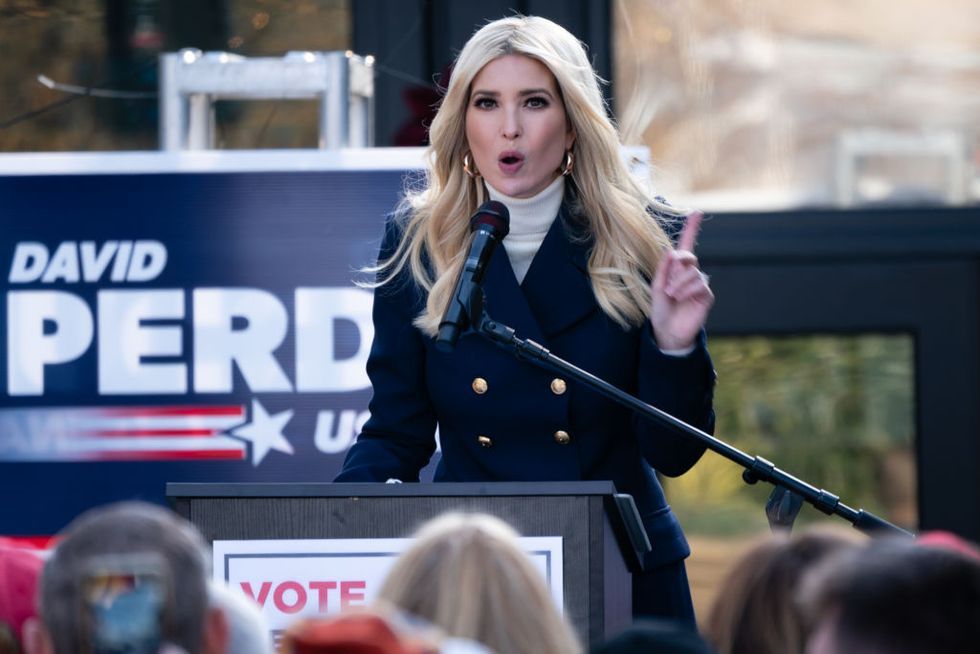
Amid former President Trump’s controversial response to the BLM protests in 2020, his daughter stumbled intro controversy.
His daughter was hastily dropped by Wichita State University Tech in Kansas just hours after it had been revealed she would be giving a speech to its students.
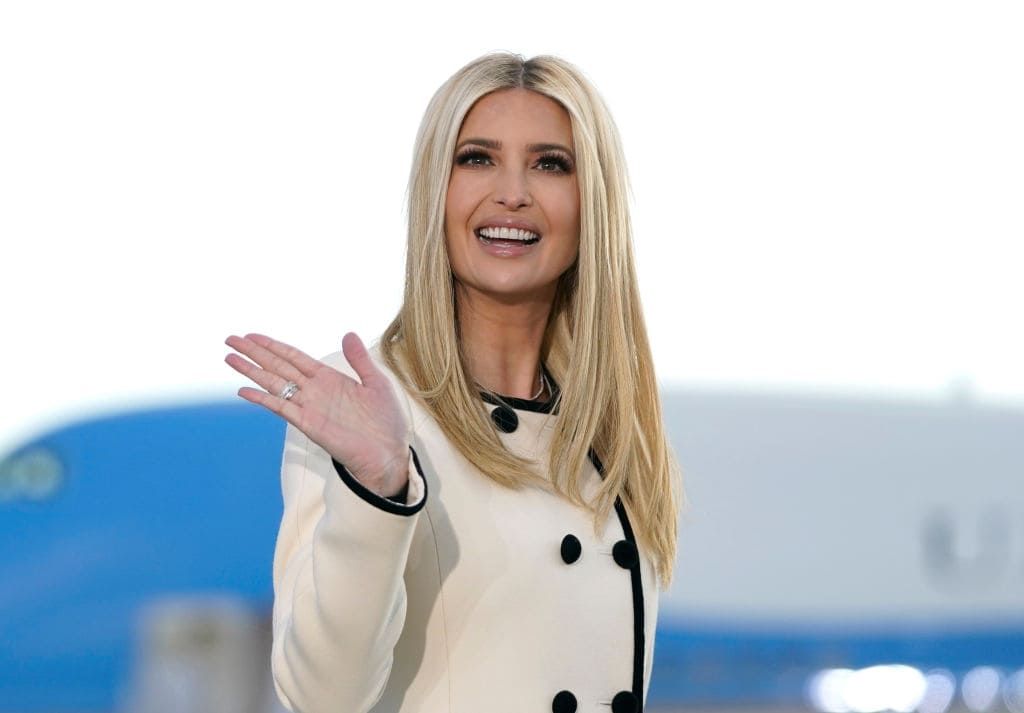
Cringe!
Many have stood up in opposition to cancel culture.
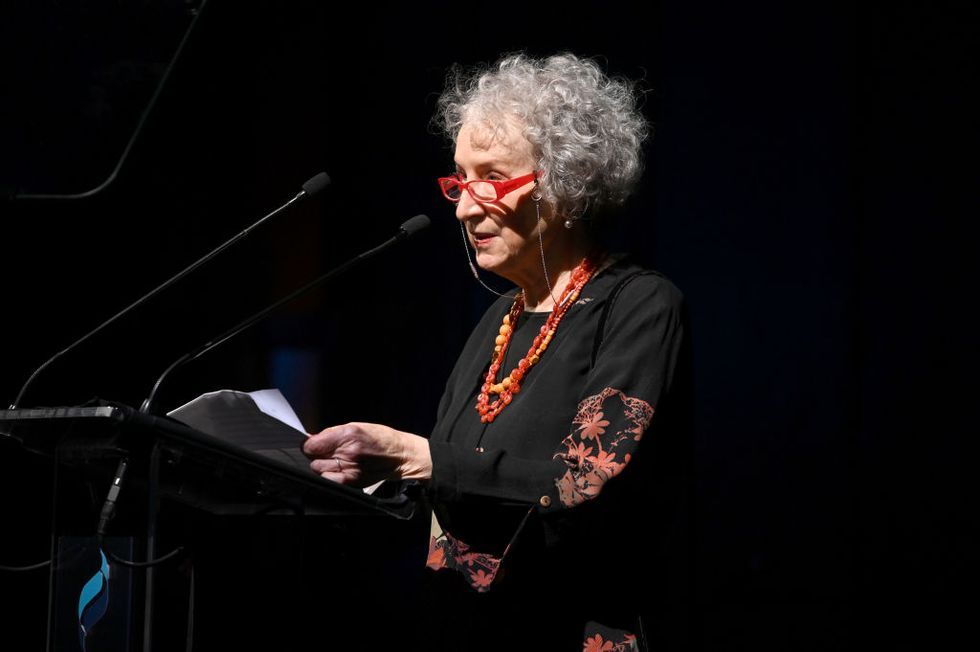
An open letter to Harper’s Magazine in July last year was signed by more than 150 prominent authors and journalists.
Including J.K Rowling, Salman Rushdie, and Margaret Atwood.
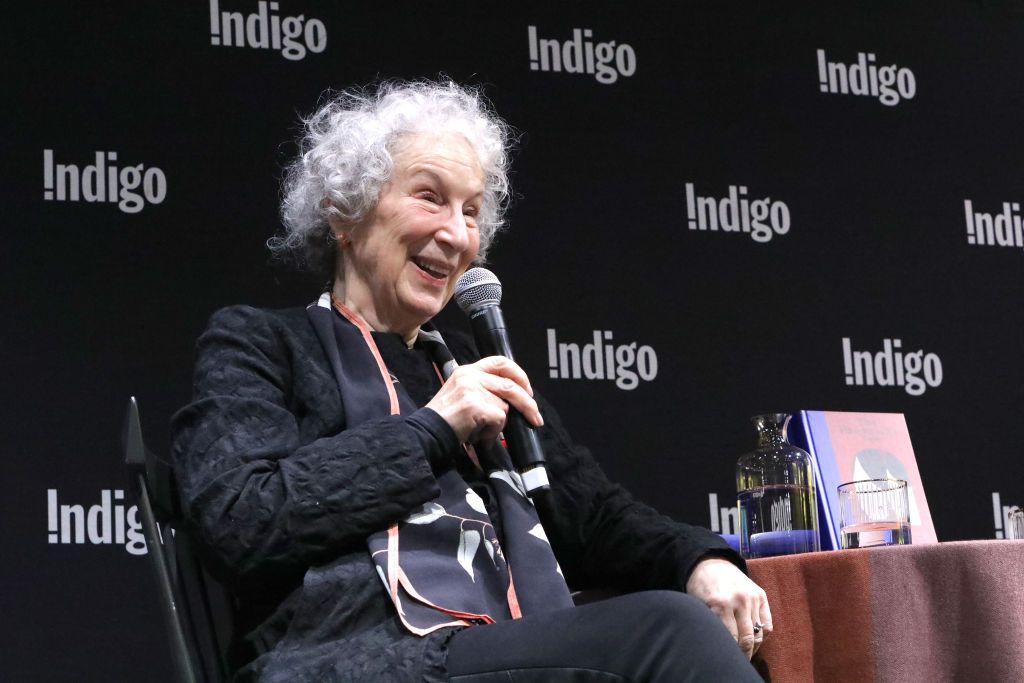
Decrying what they see as a loss of open debate and tolerance as a result of cancel-culture.
Another to speak out against the ideology is the man behind Blackadder and Mr. Bean, Rowan Atkinson.
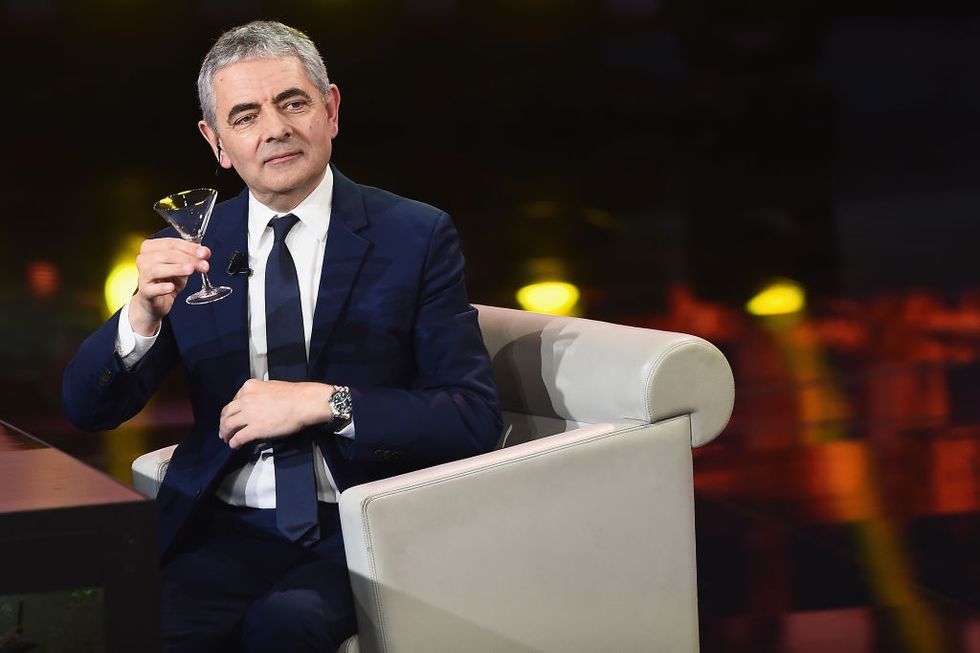
And has long advocated for free speech, as well as campaigning against legislation he believed would “stifle expression.”
“It’s important that we’re exposed to a wide spectrum of opinion,” Atkinson told the Radio Times.
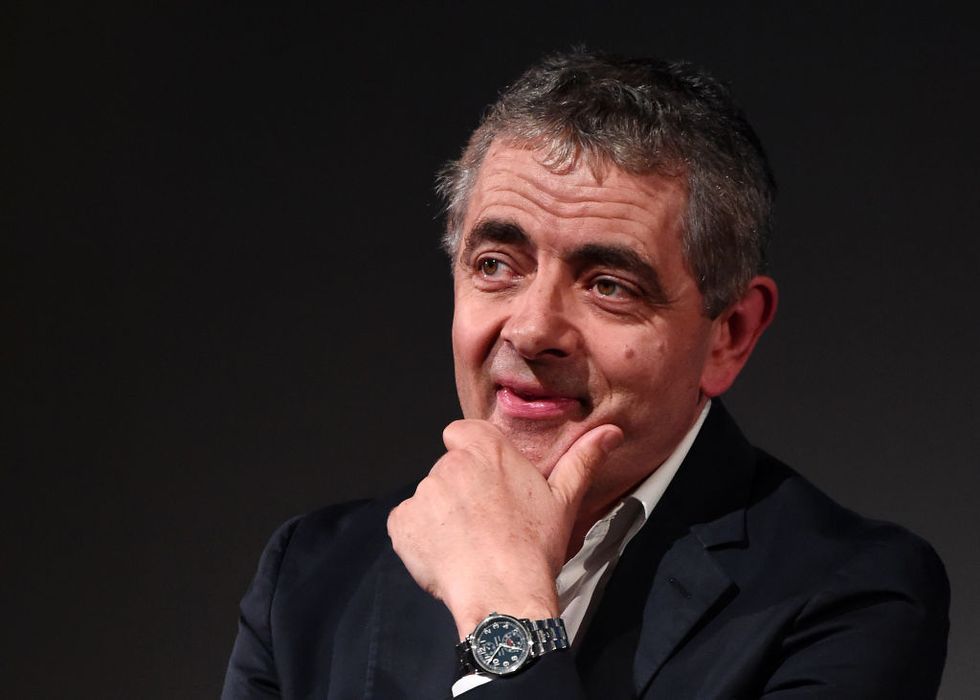
“But what we have now is the digital equivalent of the medieval mob roaming the streets looking for someone to burn.”
But that doesn’t mean cancel culture is over.
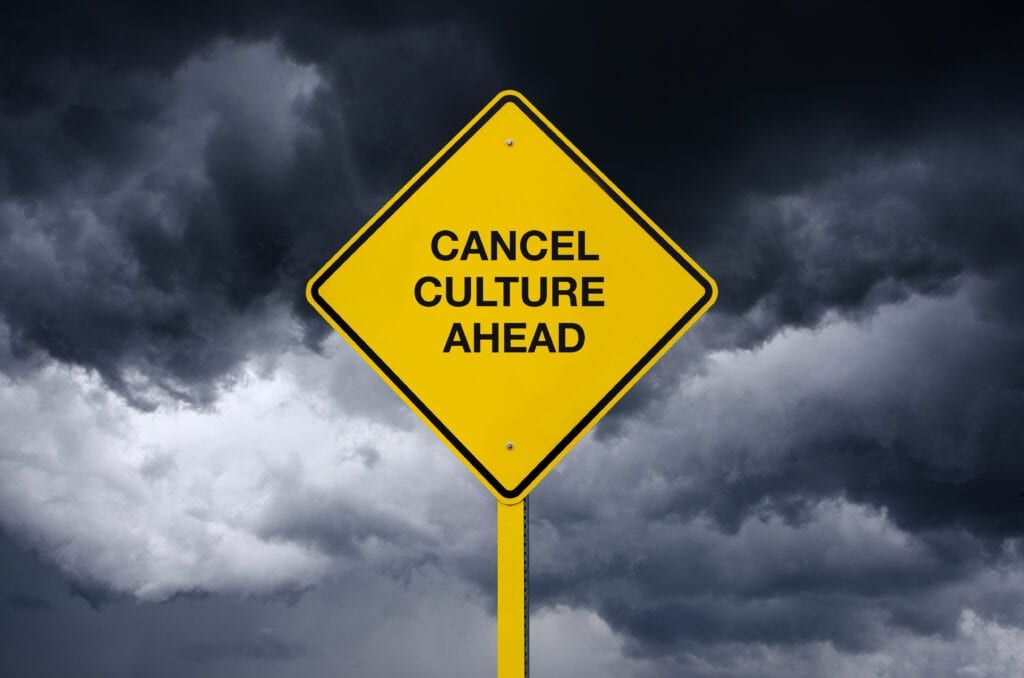
Many past movies have also come under fire …
Now, on July 9, 1999, a movie burst into movie theaters the likes of which the American public had never before seen…
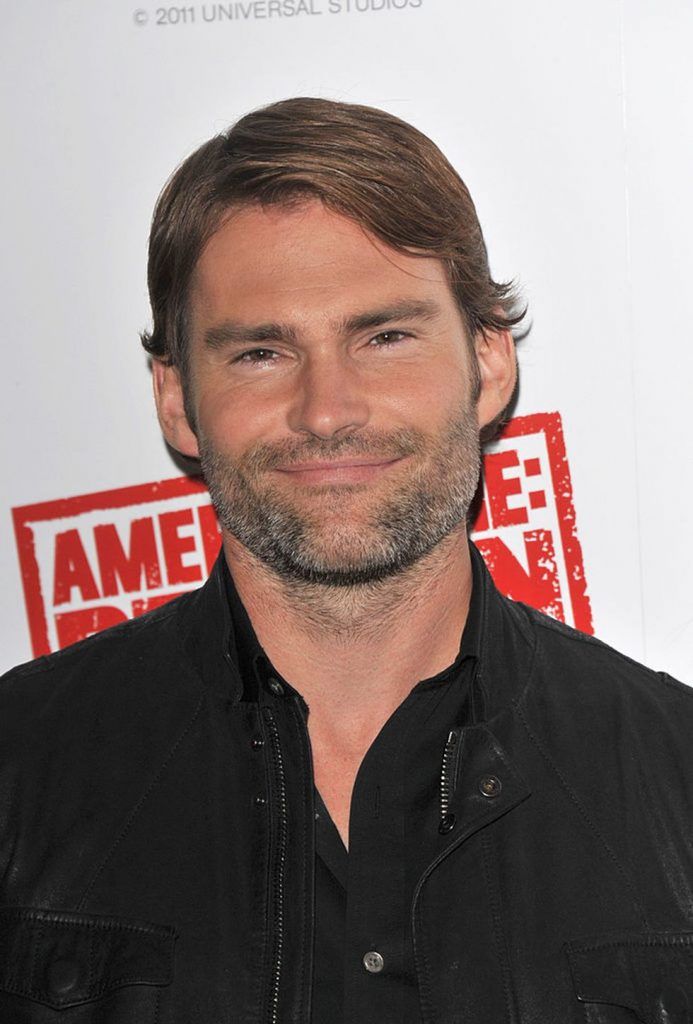
It was raunchy, obscene, hilarious – it featured a teenage boy doing unspeakably s*xual things to the most American of desserts, the apple pie.
It was called, quite appropriately, American Pie…
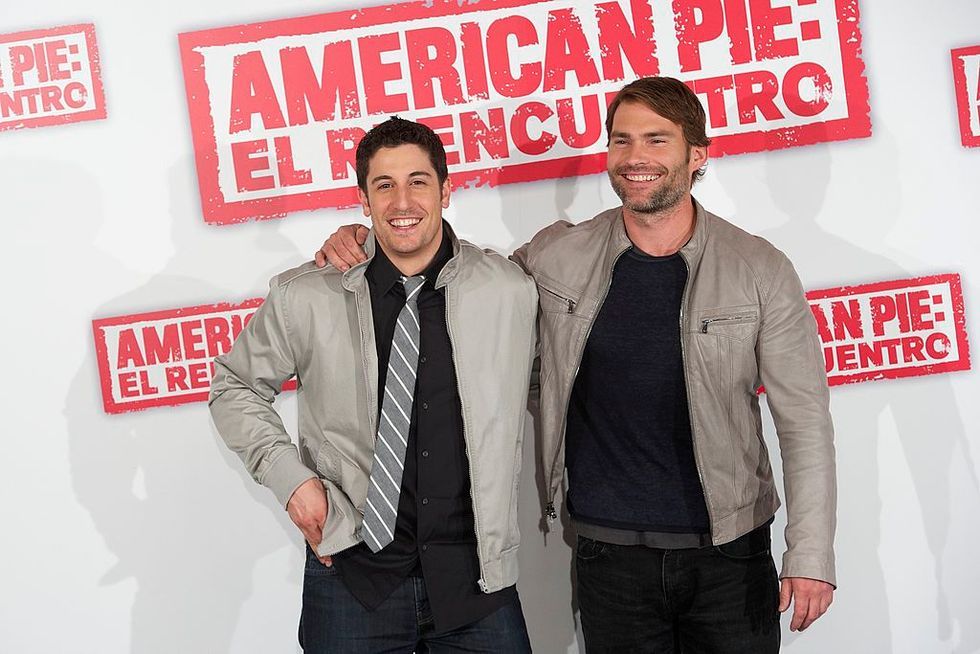
And it was a monster hit among its teenage audience.
The movie was quickly followed by another massive success …
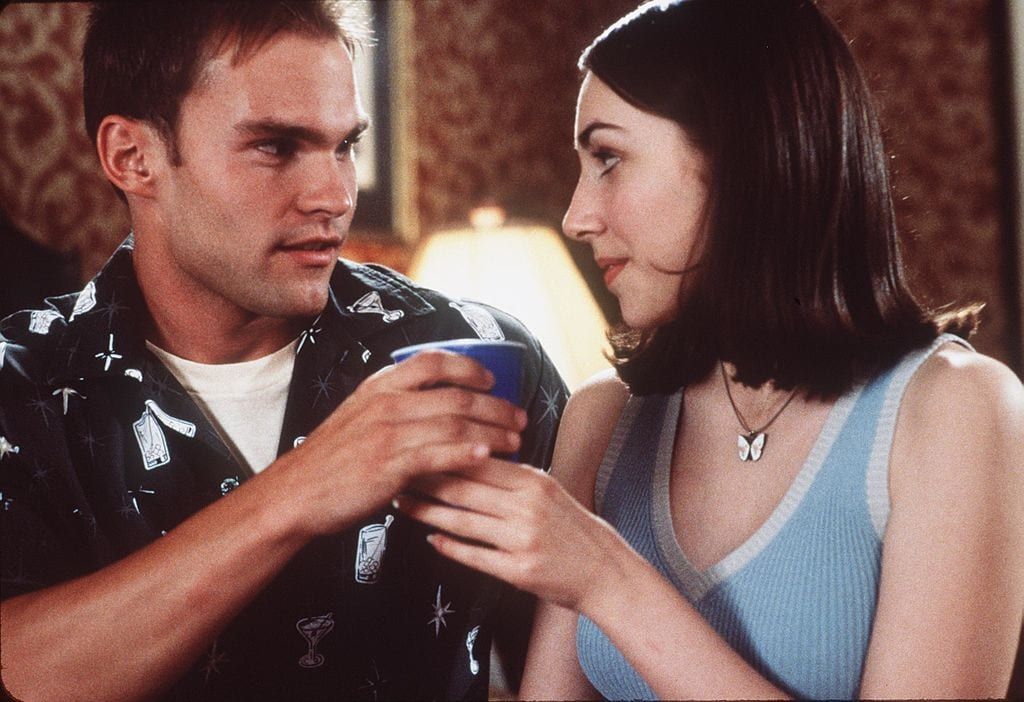
2000’s Dude, Where’s My Car, starring Seann William Scott and Ashton Kutcher.
However, Gen Zers find these movies deeply problematic …
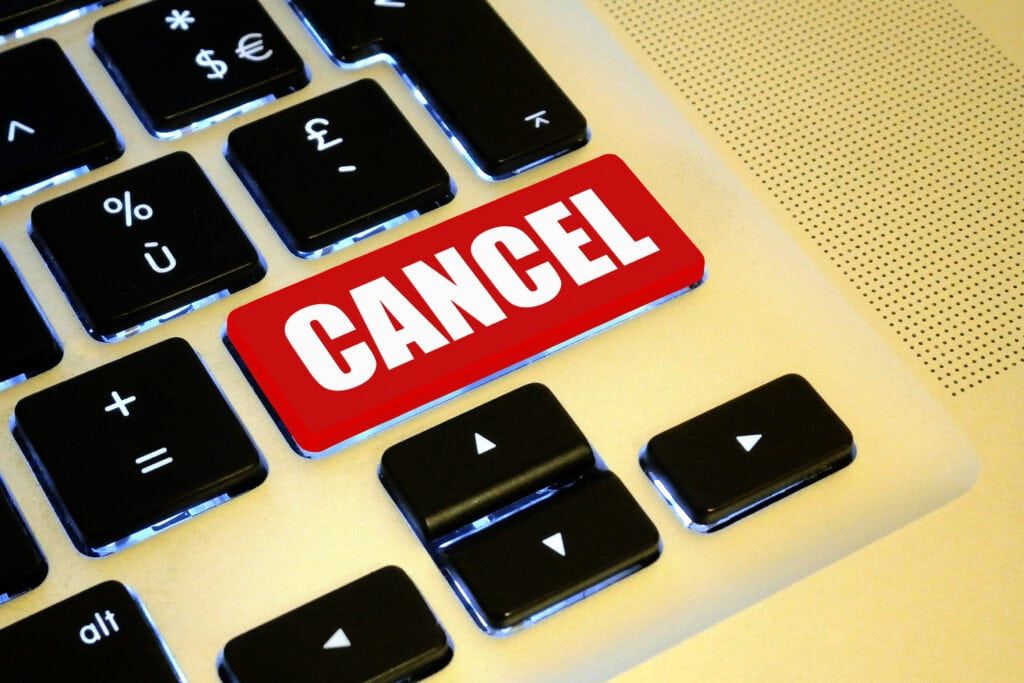
“Comedy has been ruined today. Only a handful of brave comedians left, like Dave Chappelle, Bill Burr and Joe Rogan. Satire comedy has been destroyed. I dare people today to watch Blazing Saddles They would probably have a heart attack!” one person wrote.
The teens had big problems with a whole host of movies, Vice reported last yea.
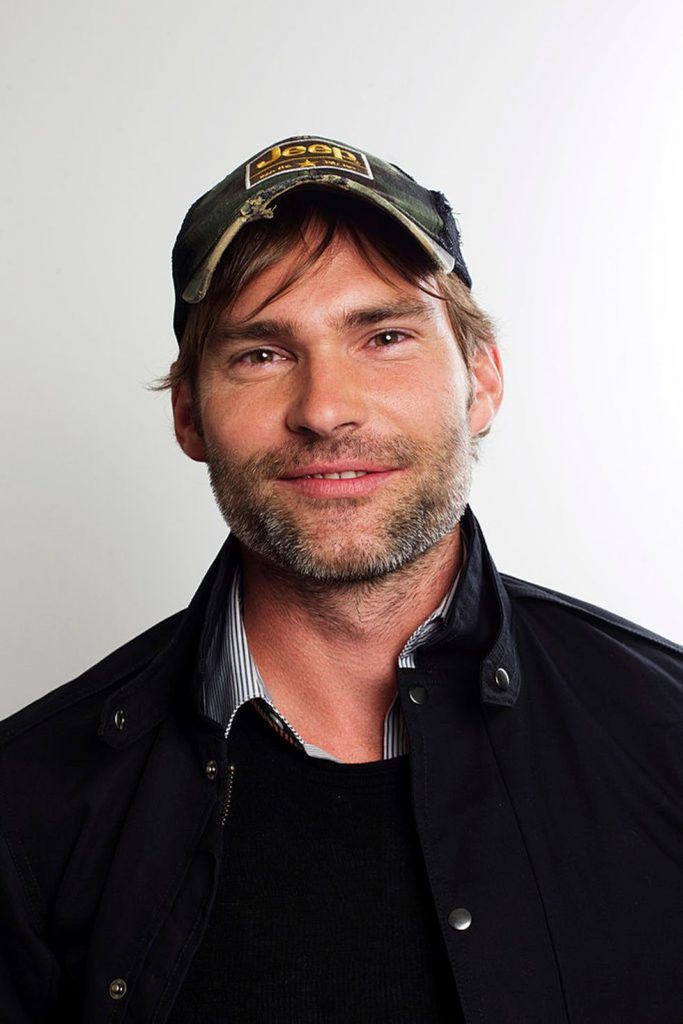
“This whole movie is completely ridiculous, especially how the only thing the male characters care about is having s*x. They’re willing to say and do whatever just to convince the girls to have s*x with them. I don’t know if that was realistic when the film came out, but I think men treat women with a lot more respect and equality now,” Taylor, sixteen, said of American Pie.
“The part where Jim and the other male characters film the foreign exchange student in his room is deeply problematic. The film doesn’t even question the morality of doing this, it makes it seem like a joke and that the dudes are all ‘legends’ for getting the plan to work. It’s a huge violation of privacy and definitely a s*xual offense for Jim to film her, let alone to then share that with his friends. There’s no way a teen film made now would allow it,” Hannah, seventeen, agreed.
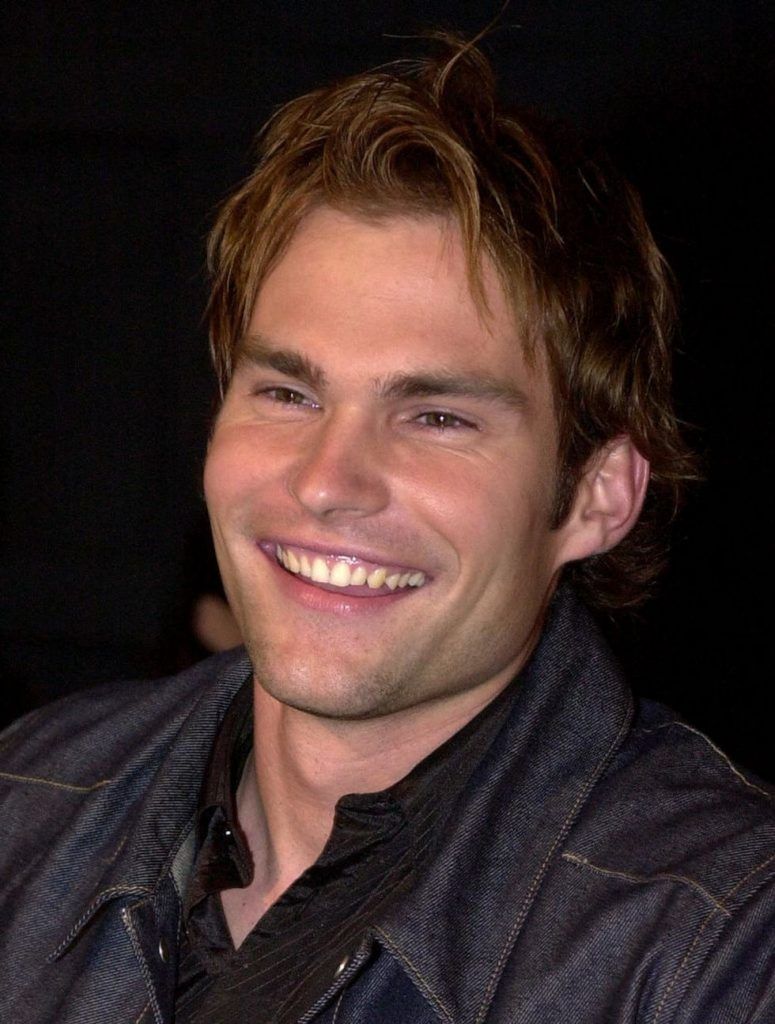
“It’s bordering on incel attitudes the way the guys in this film think that they deserve s*x, and how they seem to think that’s all women are good for rather than wanting a loving relationship with somebody they respect. I think if you were a teenage boy watching this you’d basically feel entitled to behave however you wanted to towards women,” Olivia, eighteen, concluded.
And as for Dude, Where’s My Car?
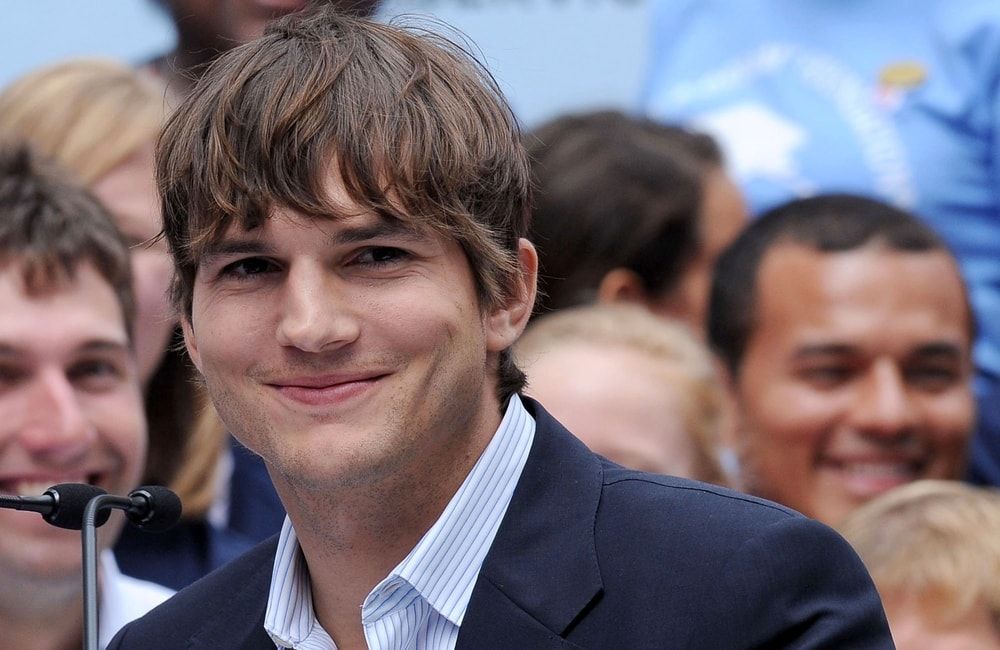
“I seriously can’t imagine this movie being made today for so many reasons. I hated how practically every woman they meet in the film seems to just exist for the two main characters’ s*xual pleasure, from their girlfriends to the girls they meet at the party and the ones in the strip club. Obviously, the whole movie is completely ridiculous, but it still annoyed me because the main characters are s*xist losers and don’t deserve any female attention,” Taylor, sixteen, critiqued.
Hannah, seventeen, agreed, adding, “I didn’t make it to the end of this film and I genuinely don’t get how anyone could actually sit there and watch the whole thing let alone find any of it funny. There was so much not-ok stuff in it, especially the scene where they go to get a drive-thru Chinese takeaway and the lady taking the order keeps saying ‘and then’ to Ashton Kutcher’s character. I didn’t get if the joke was supposed to be that she doesn’t understand them or that she wants them to order more, but either way it’s not remotely funny and pretty racist.”
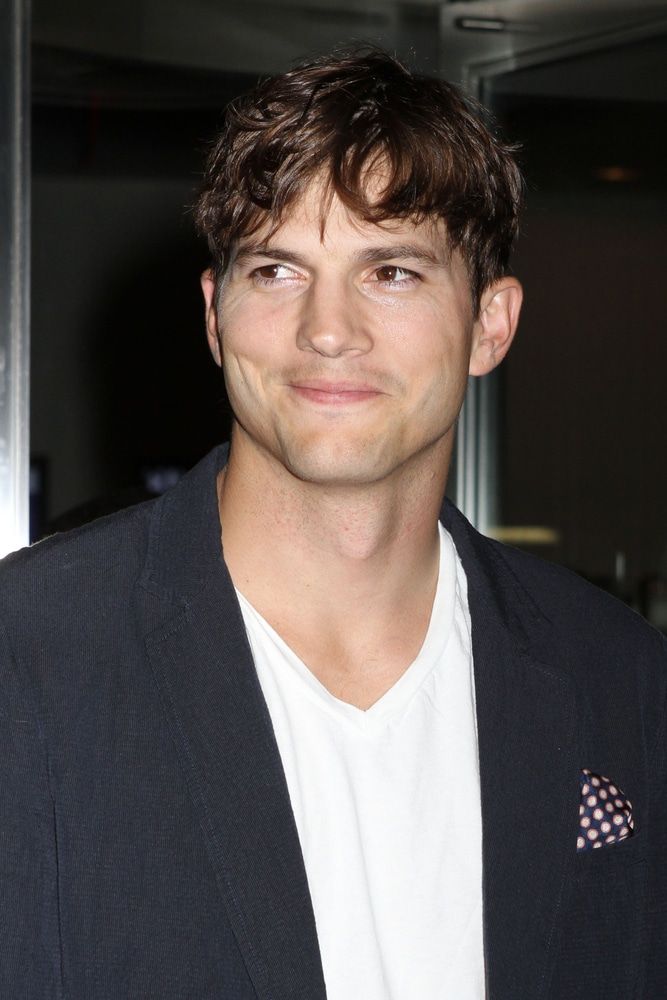
“I hated all of it but the worst part is when Jesse gets a lap-dance from a stripper who turns out to be a trans woman, or as they joke in the film ‘a gender-challenged male’, and then Jesse freaks out and starts wiping his tongue because he kissed her, and lifts up her skirt to see her bulge. It plays on stereotypes of trans people as s*x workers and thieves and legitimizes cis male transphobia. It’s so disgusting and I hope it wouldn’t have gotten made if it was written today.” Olivia, eighteen, finished.
Another movie of the past was also hit with critiques.
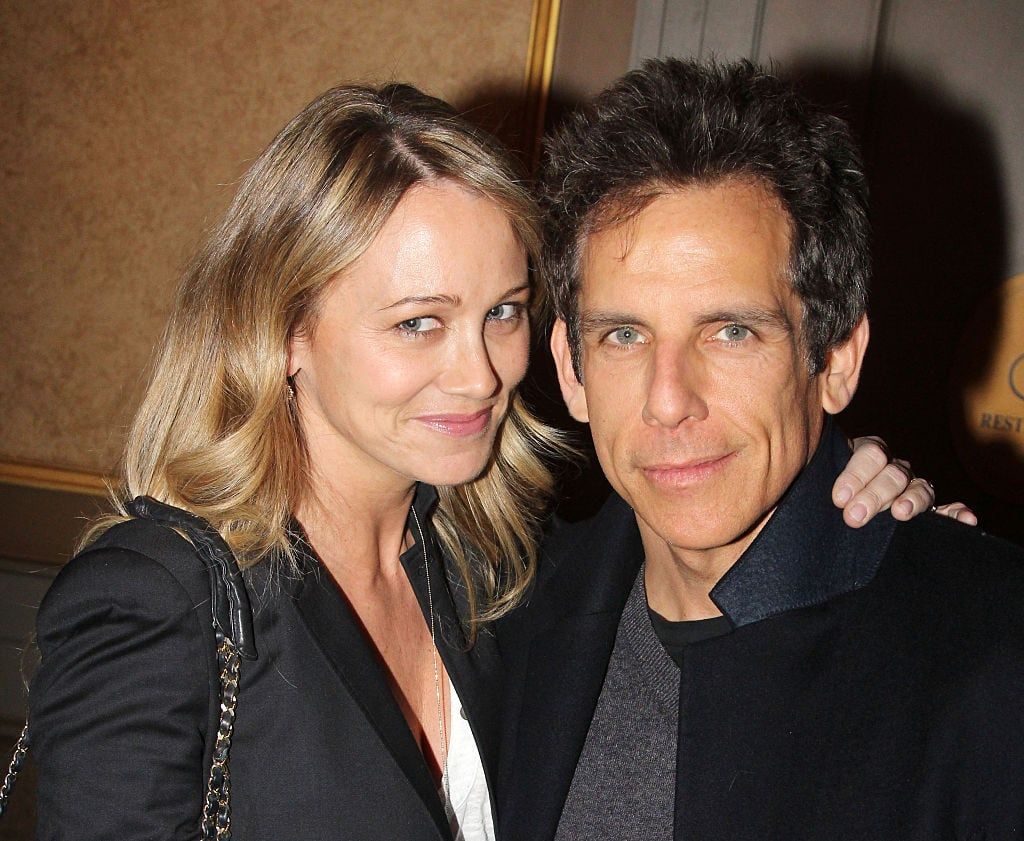
2008’s Tropic Thunder came under fire for its use of blackface, in particular.
However, Ben Stiller has spoken out against the movie’s cancellation.
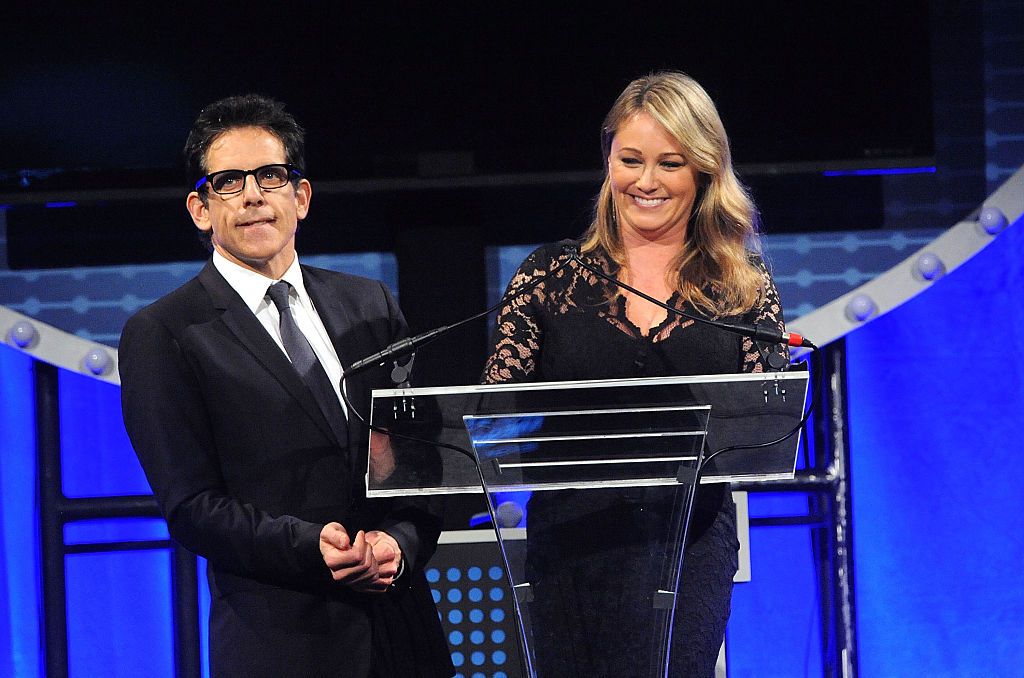
Taking to Instagram, a fan wrote: “Please stop apologizing for doing this movie. It was and still is funny AF. Even funnier now with cancel culture the way it is. It’s a MOVIE. Ya’ll can just get over it.”
“I was DYING laughing when I first saw it back in the day and so was everyone else.”
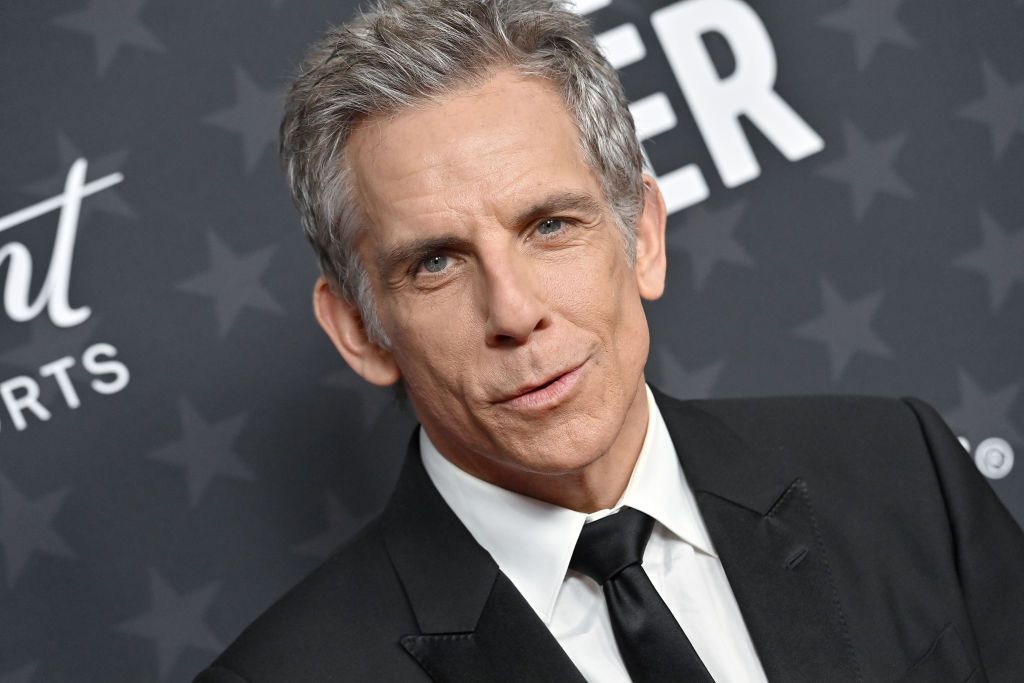
But much to everyone’s surprise, Stiller actually responded!
Stiller wrote: “I make no apologies for Tropic Thunder. Don’t know who told you that. It’s always been a controversial movie since when we opened. Proud of it and the work everyone did on it.”
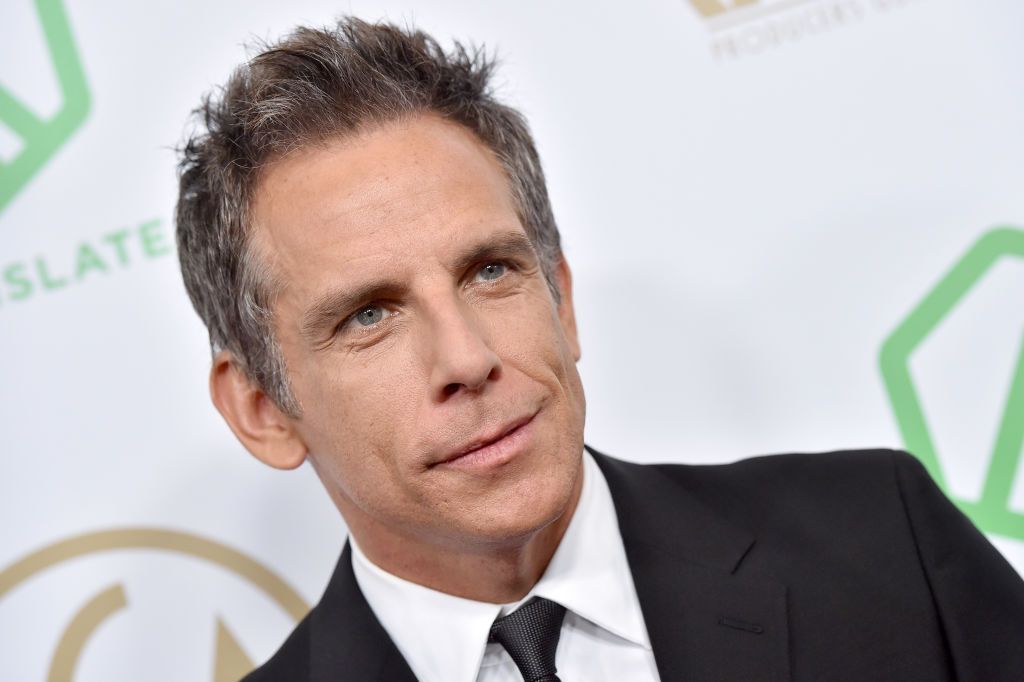
And Robert Downey Jr has also defended his use of blackface within the film.
Speaking on Joe Rogan, he said: “I thought ‘yeah I’ll do that, I’ll do that after Iron Man.”
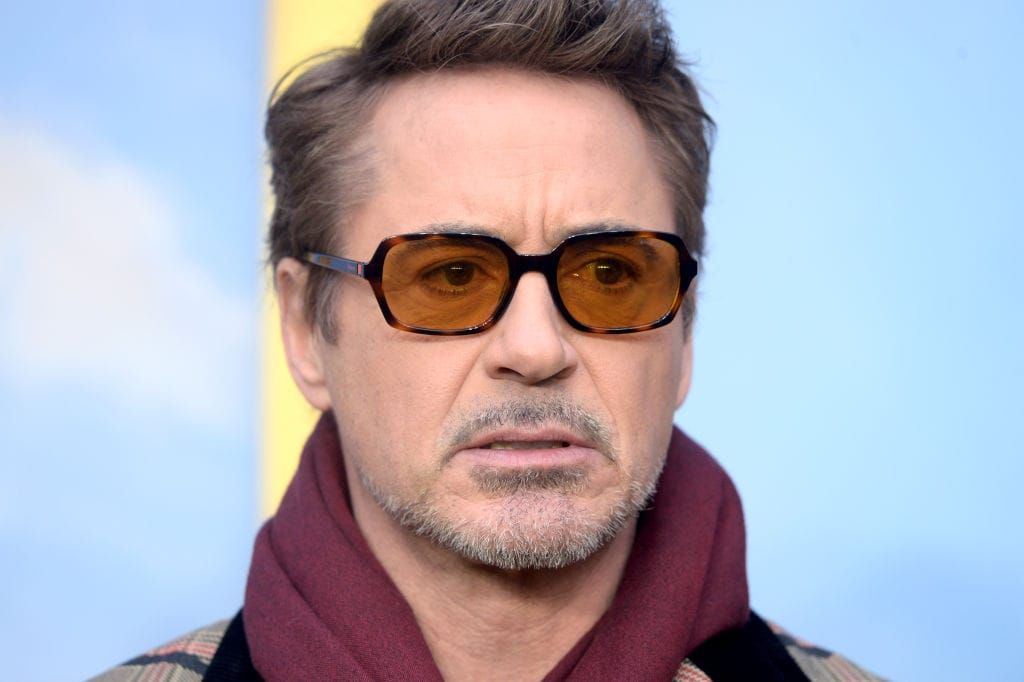
“And then I started thinking ‘this is a terrible idea, wait a minute’.”
“Then I thought ‘hold on dude, get real here where is your heart’ and my heart is: A, I get to be black for a summer in my mind, so that’s in it for me.”
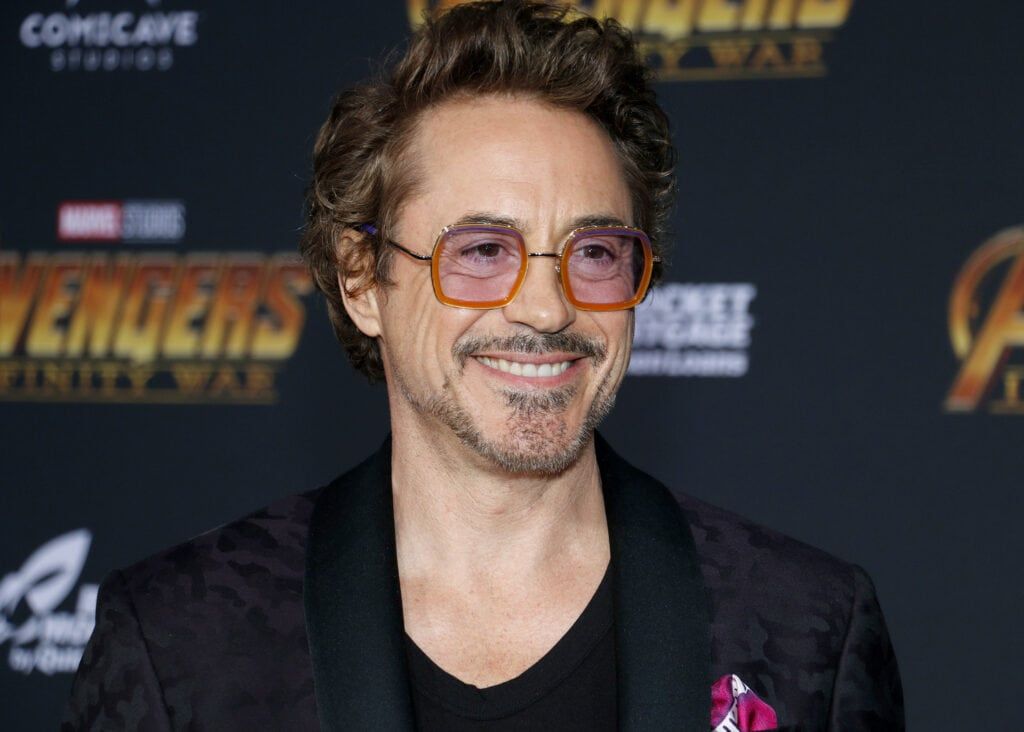
“The other thing is I get to hold up to nature the insane self-involved hypocrisy of artists and what they think they’re allowed to do on occasion, just my opinion.”
It was “impossible to not have it be an offensive nightmare of a movie.”
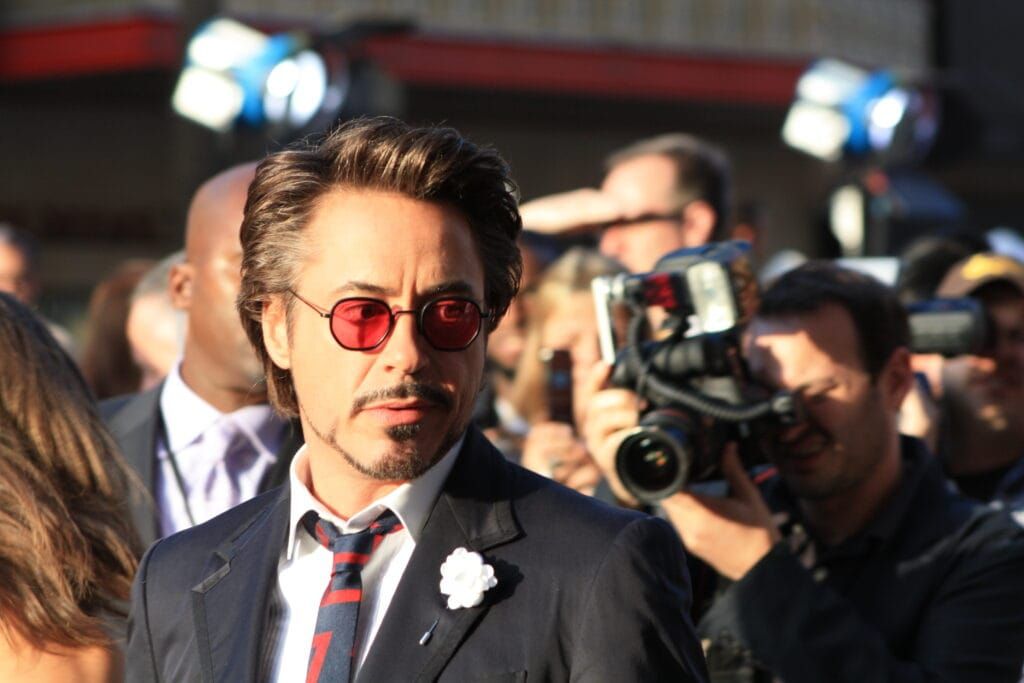
But Downey says his black friends told him the movie was “great.”
When asked about those who found the movie offensive, he said “I can’t disagree with them but I know where my heart was.”
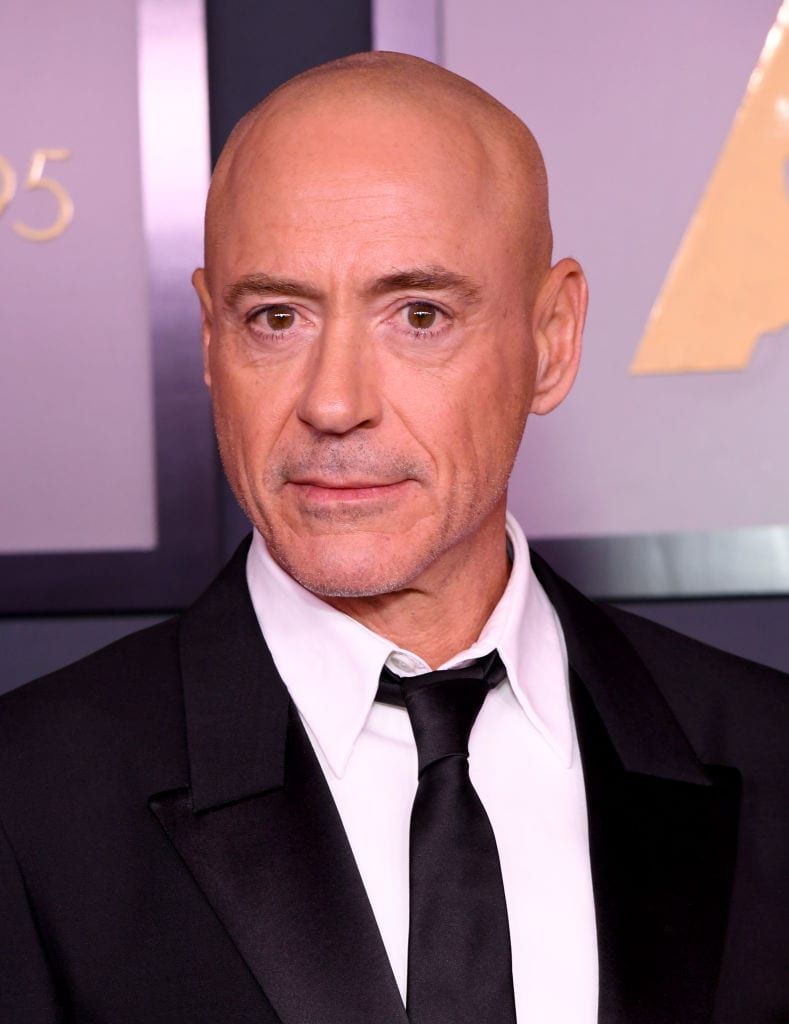
Soon after, Jennifer Aniston entered the debate.
“There’s a whole generation of people, kids, who are now going back to episodes of ‘Friends’ and find them offensive,” she said to AFP.
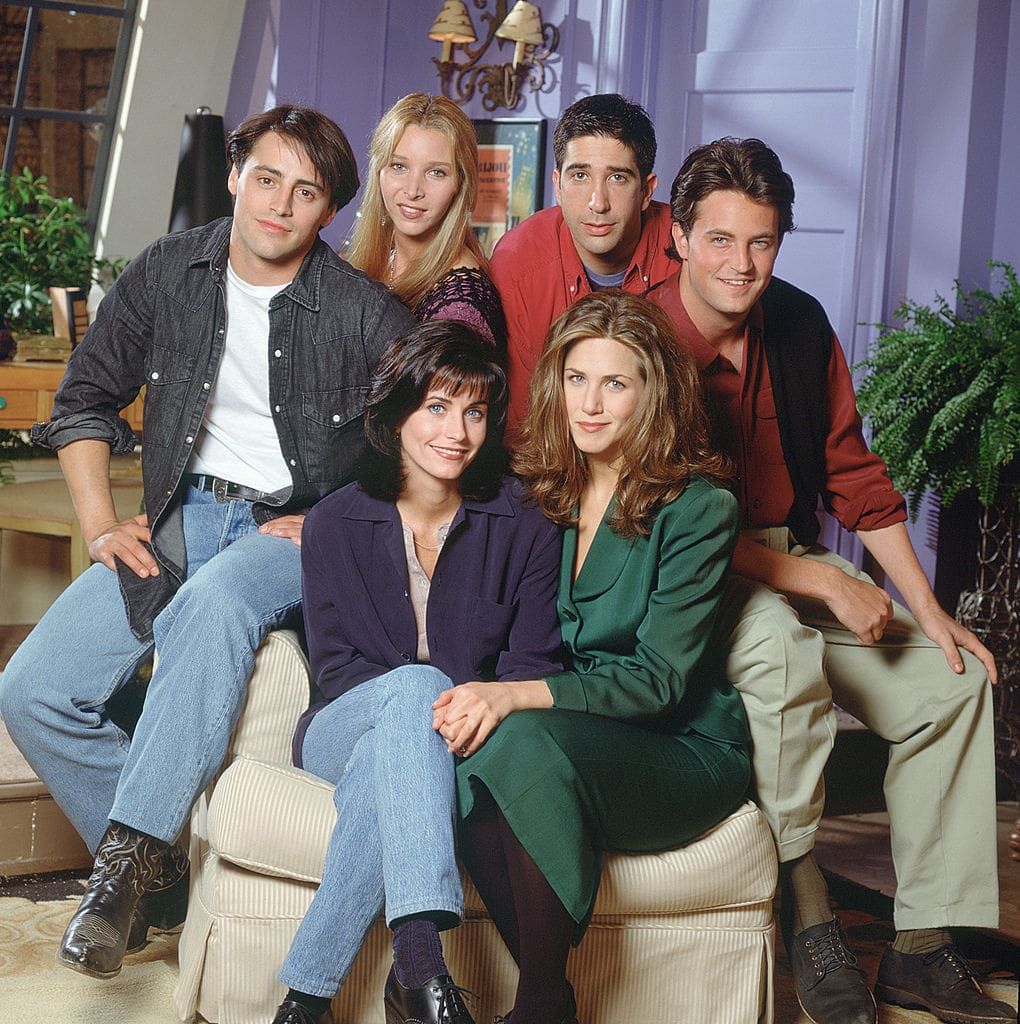
“There were things that were never intentional and others… well, we should have thought it through – but I don’t think there was a sensitivity like there is now.”
“Now, it’s a little tricky because you have to be very careful, which makes it really hard for comedians, because the beauty of comedy is that we make fun of ourselves, make fun of life.”
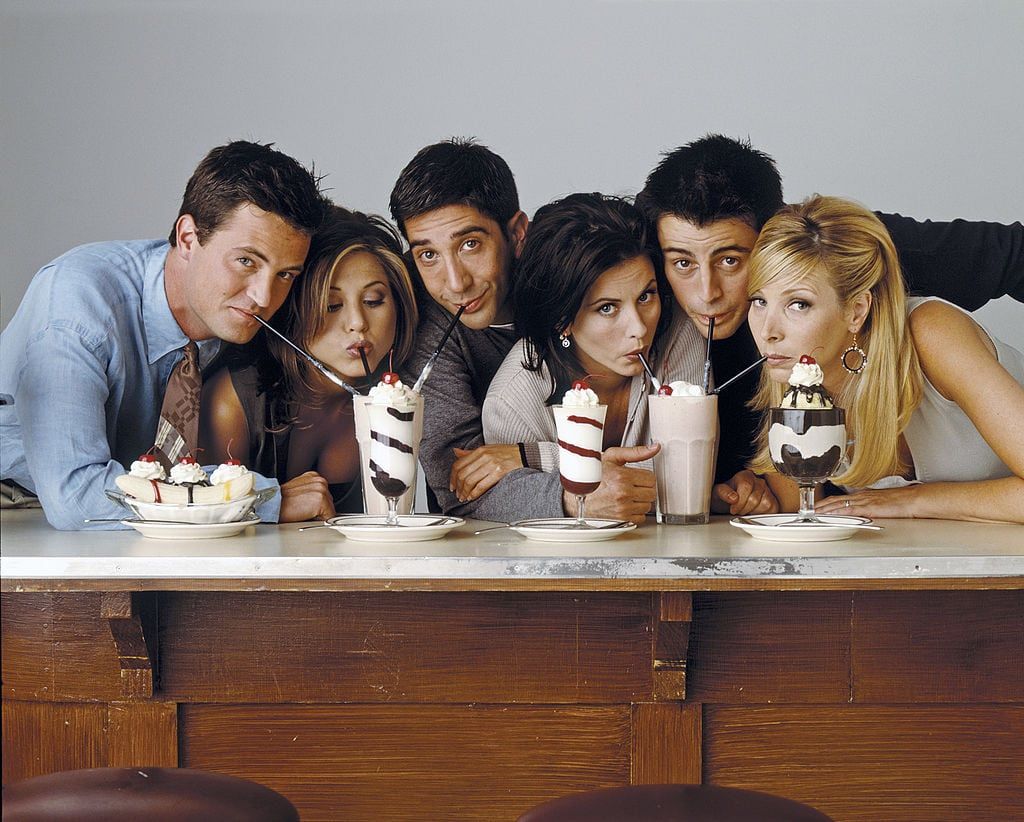
“You could joke about a bigot and have a laugh – that was hysterical. And it was about educating people on how ridiculous people were,” she said.
“And now we’re not allowed to do that.”
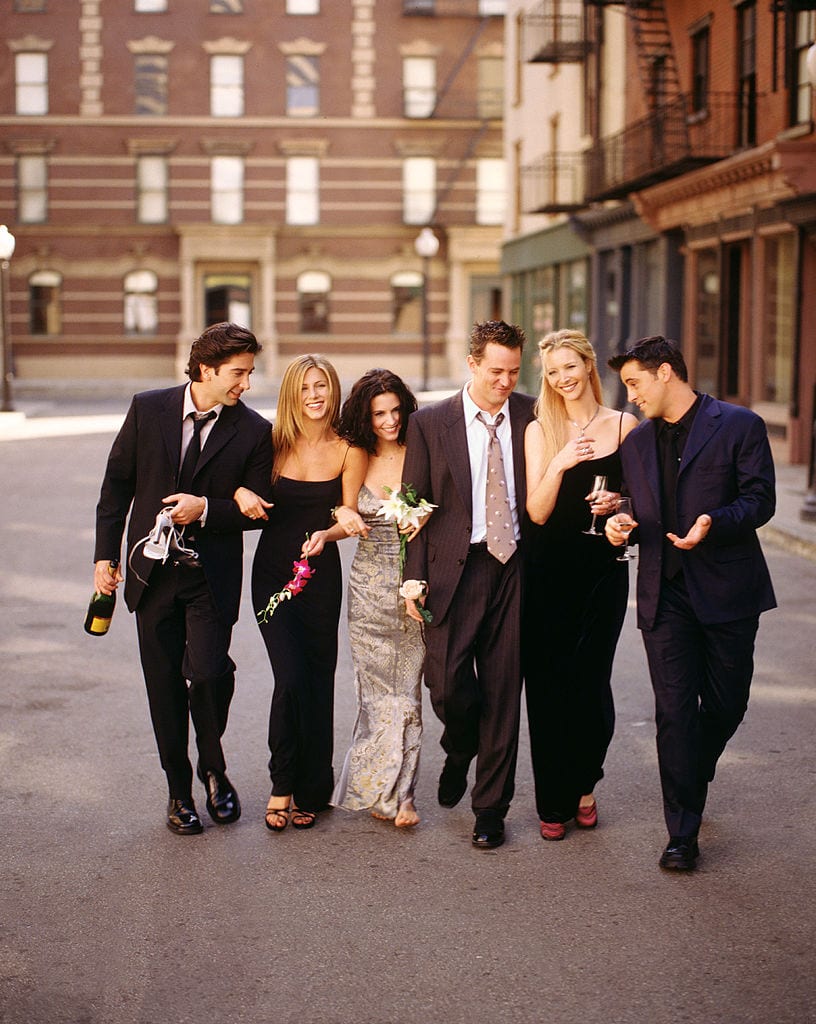
“Everybody needs funny! The world needs humour!”
“We can’t take ourselves too seriously. Especially in the United States. Everyone is far too divided,” she concluded.
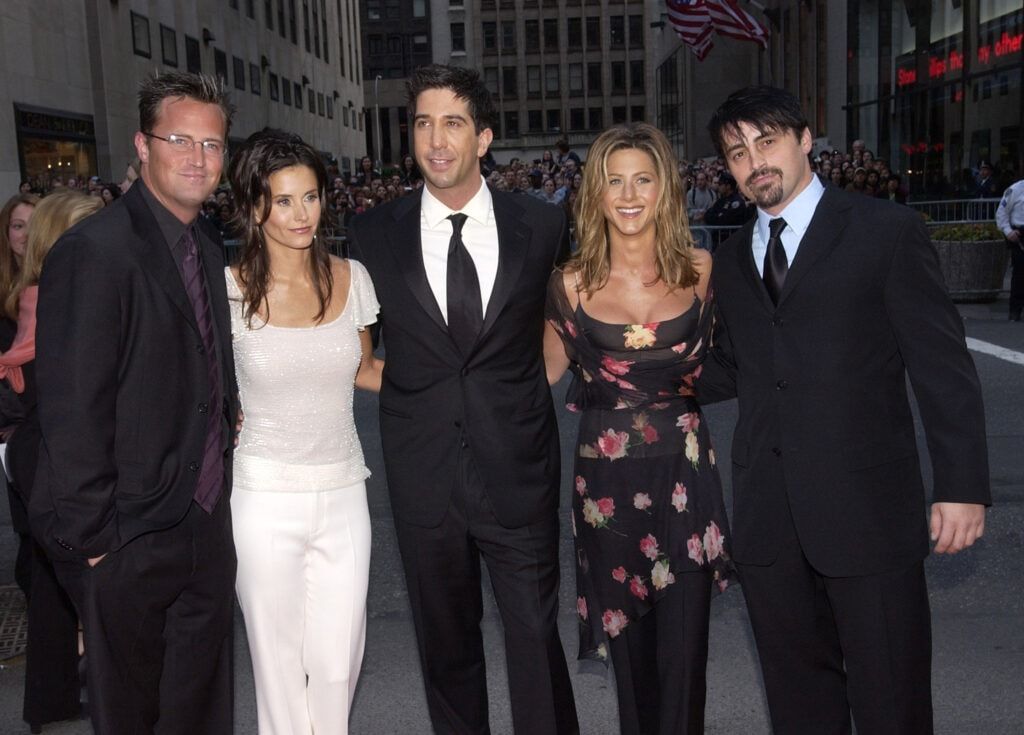
And now, Molly Ringwald has spoken out on the subject.
She revealed she won’t even watch The Breakfast Club with her Gen-Z daughter!
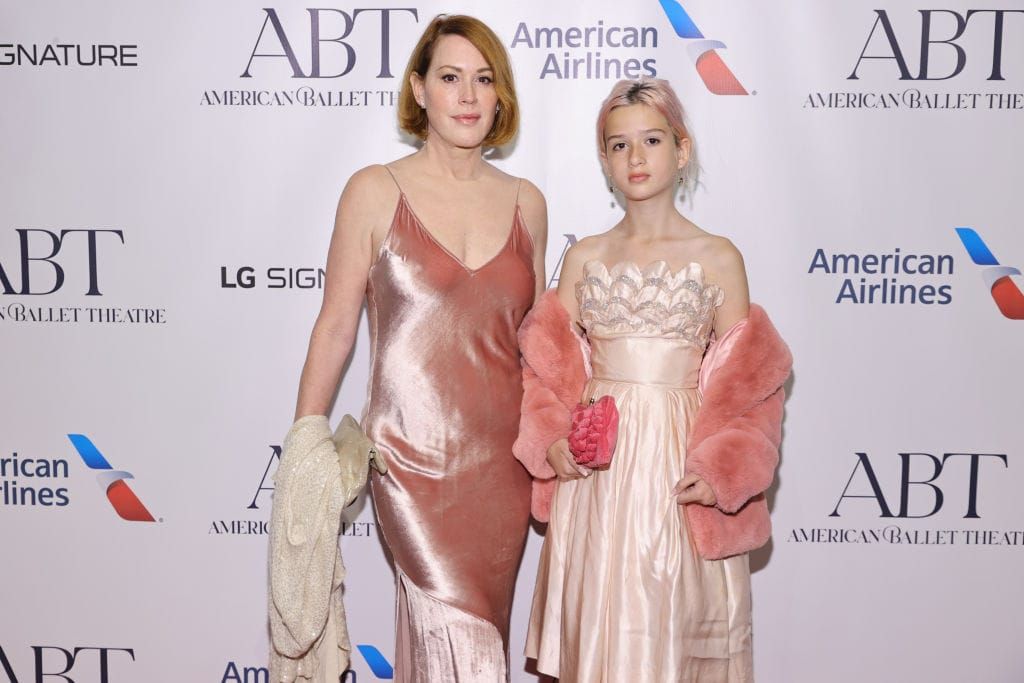
“She’s very liberal. I mean, I’m very liberal, but she’s another level,” Ringwald told the Guardian.
“Which she should be, and I’m glad!”
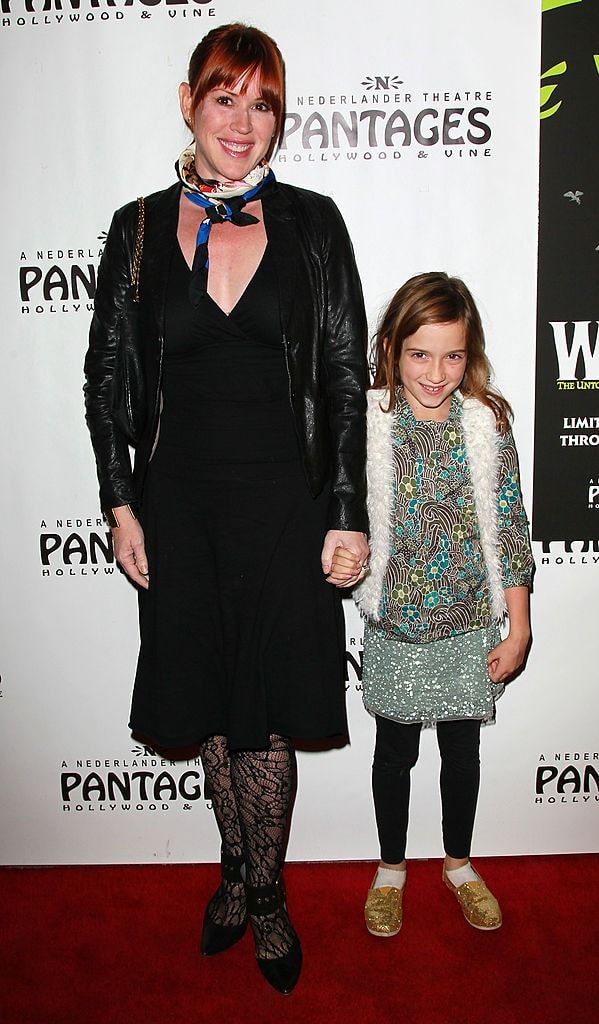
If you haven’t seen the movie, it has some uncomfortable moments of harassment, alongside homophobic slurs.
“There were certain things that were accepted that just wouldn’t be accepted now,” she added.
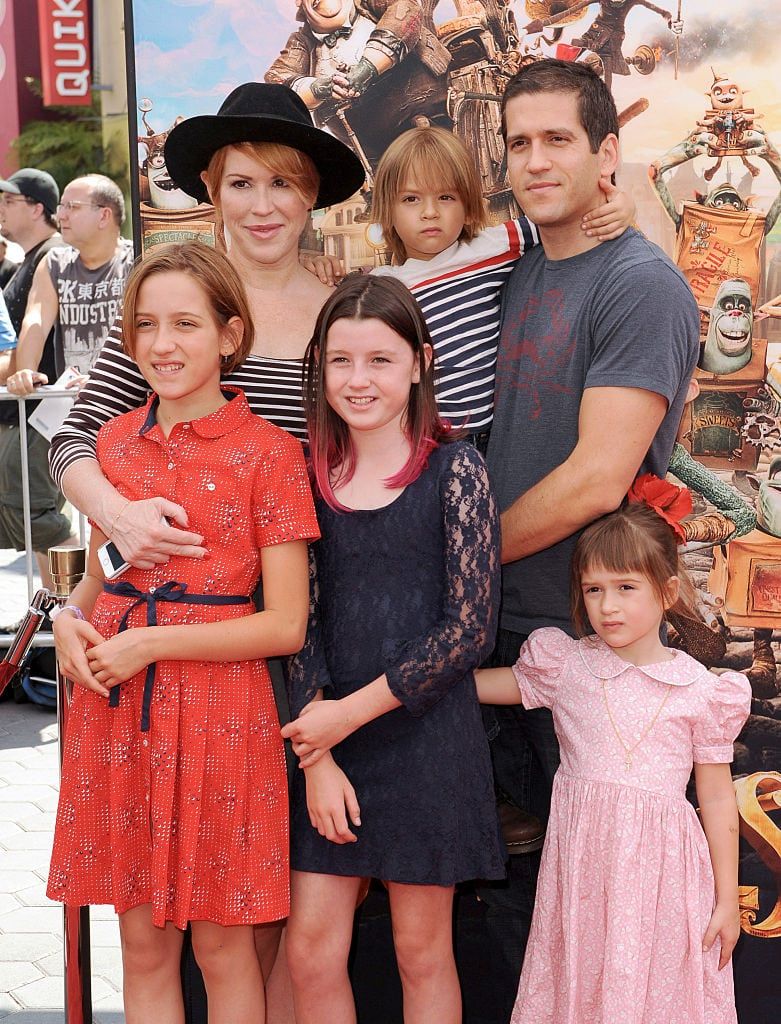
Where do you stand in this debate?
